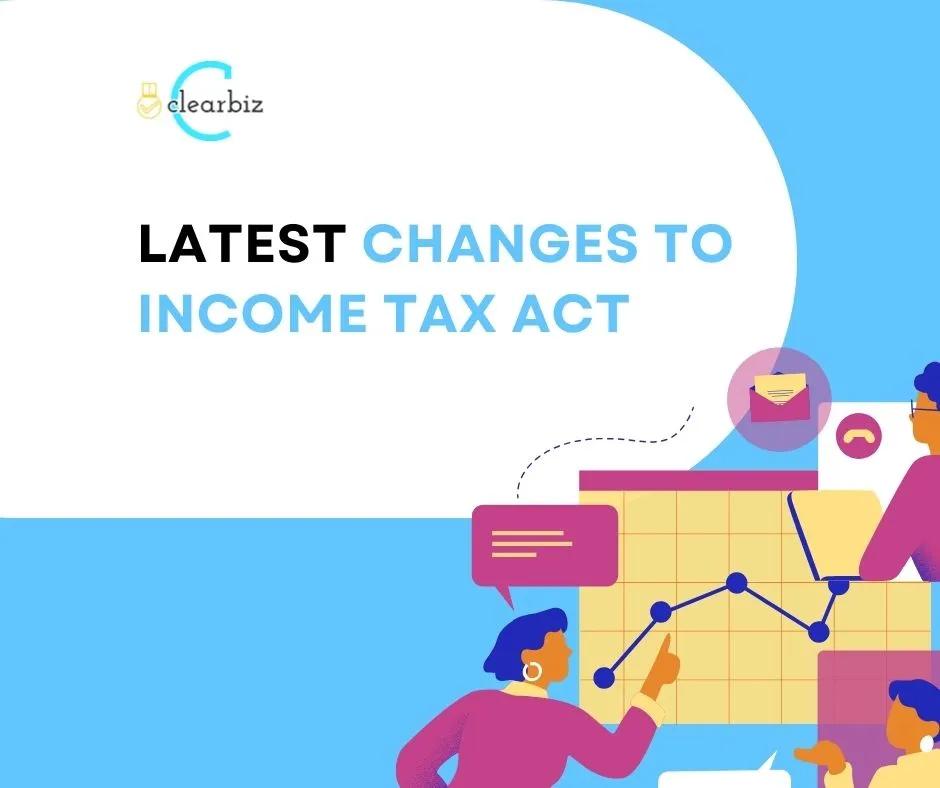Union Budget 2024-25: Understanding Changes to Income Tax Act

The Union Budget 2024-25 created a sense of mixed emotions to taxpayers. While some changes helped further lower taxes and increase disposable income, others lead to impacts on tax planning on investments. Let’s understand more about the key changes of the budget
Making the New Tax Regime Sweeter
If you’ve been considering switching to the new tax regime, the government has made it even more attractive by further widening the slab of lower taxes and adding an extra of Rs 25000 to Standard Deduction for salaried class
- Higher Standard Deduction: The standard deduction has been increased from existing ₹50,000 to ₹75,000. This means an additional 25000 of your salary income can go tax-free
- Revised Tax Slabs: The tax slabs have been adjusted to offer lower tax rates for up to an annual income of Rs 700,000. This could lead to lower tax burden for many
While the new regime offers simplicity, it’s crucial to compare it to the old regime to determine which one benefits you more. This is purely personal depending on your income level and deductions you have at hand
Here is a look at the revised TAX SLABS under the new Regime of Taxation
| Tax Slab for FY 2023-24 | Tax Rate | Tax Slab for FY 2024-25 | Tax Rate |
| Upto ₹ 3 lakh | Nil | Upto ₹ 3 lakh | Nil |
| ₹ 3 lakh – ₹ 6 lakh | 5% | ₹ 3 lakh – ₹ 7 lakh | 5% |
| ₹ 6 lakh – ₹ 9 lakh | 10% | ₹ 7 lakh – ₹ 10 lakh | 10% |
| ₹ 9 lakh – ₹ 12 lakh | 15% | ₹ 10 lakh – ₹ 12 lakh | 15% |
| ₹ 12 lakh – ₹ 15 lakh | 20% | ₹ 12 lakh – ₹ 15 lakh | 20% |
| More than 15 lakh | 30% | More than 15 lakh | 30% |
Pensioners Get Some Relief
There’s a bit of good news for Senior Citizens having pension Income
- Increased Family Pension Deduction: The deduction on family pension has been raised from ₹15,000 to ₹25,000. This will provide some additional tax relief for pensioners opting for the new tax regime.
Changes in Capital Gains Tax: A mixed response
The world of investments has seen some major alterations:
- No more Indexation Benefits: If you’ve been enjoying the benefits of indexation to reduce your long-term capital gains tax, there’s a catch. From FY 24-25, the benefit of indexation is being done away with. LTCG is payable at a flat rate of 12.5%. This means capital gains on sale of Equity also attract 12.5% tax rates instead of 10% prevailing earlier
However as relief the earlier exemption in such cases of Rs 100,000 has been now revised as Rs 125000
- Higher Short-Term Capital Gains Tax: Short-term capital gains on equity investments STT Paid will now be taxed at 20% instead of 15%.
These changes might influence your investment strategies. Consulting with a financial advisor could help you navigate these changes effectively.
TDS on Partners Remuneration
From FY 24-25 onwards the following changes will apply on salaries paid to partners of a firm
- TDS on Payments to Partners: Firms will now have to deduct TDS of 10% on salary to their partners if it exceeds 20 ,000 per annum
This might have implications on cash flow aspects of several firms
Other Key Changes
- Removal of Angel Tax: Startups and investors can breathe a sigh of relief as the controversial angel tax has been abolished.
- Higher Deduction for Employer Contributions under NPS: Companies can now claim a higher deduction of 14% on their contributions to employees’ NPS instead of earlier 10%.
Making the Most of These Changes
While the budget offers some relief, it’s essential to understand how these changes impact your specific financial situation. Here are some tips:
- Do the comparison: Calculate your tax liability under both the old and new tax regimes to choose the most beneficial Regime
- Review Your Investments: The changes in capital gains tax might call for a review of your investment portfolio.Moreover be aware of tax implication on sale of assets
- Consult an Expert: If you’re unsure about how these changes might affect you, seeking professional advice is always a good idea.
Remember, tax laws can be complex, and it’s possible that you might miss important details. By staying informed and seeking expert guidance, you can make the most of these changes and optimize your tax planning. For more help drop in a mail at info@clearbiz.in or visit ClearBiz